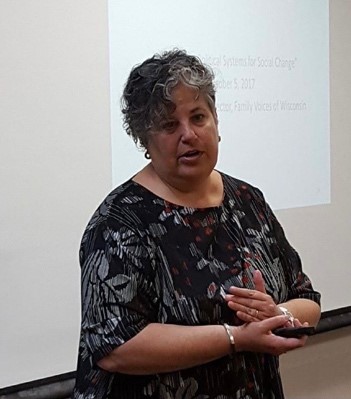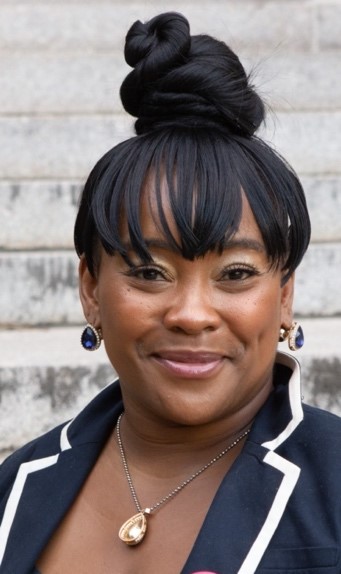According to the Perception Institute, Implicit Bias is defined as:
“Thoughts and feelings are “implicit” if we are unaware of them or mistaken about their
nature. We have a bias when, rather than being neutral, we have a preference for (or
aversion to) a person or group of people.
Thus, we use the term “implicit bias” to describe
when we have attitudes towards people or associate stereotypes with them without our
conscious knowledge. A fairly commonplace example of this is seen in studies that show
that white people will frequently associate criminality with Black people without even
realizing they’re doing it.”
Examples from adl.org
It also includes questions to start the conversation around implicit bias and racism.
“The 2014 study, “Black Boys Viewed As Older, Less Innocent than Whites, Research Finds,” found that black boys as young as 10 may not be viewed in the same light of childhood innocence as their white peers, but are instead more likely to be mistaken as older, be perceived as guilty and face police violence if accused of a crime.
“Children in most societies are considered to be in a distinct group with characteristics such as innocence and the need for protection. Our research found that Black boys can be seen as responsible for their actions at an age when white boys still benefit from the assumption that children are essentially innocent,” said author Phillip Atiba Goff, PhD, of the University of California, Los Angeles.
Co-author Matthew Jackson, also of UCLA said: “With the average age overestimation for Black boys exceeding four-and-a-half years, in some cases, Black children may be viewed as adults when they are just 13 years old.”
To continue learning about Implicit Bias…
Click here to find training modules from The Kirwin Institute for the Study of Race and Ethnicity at the University of Ohio. The research-based modules focus primarily on implicit bias and are designed in short segments for you to learn at your pace.
In a white paper for the Justice Research and Statistics Association, Bailey Maryfield, M.S. developed a fact sheet to raise awareness about “the concept of implicit racial bias, the effect of implicit racial bias in the criminal justice system, and how the issue is being addressed to enhance the fair and equitable administration of justice.”



















